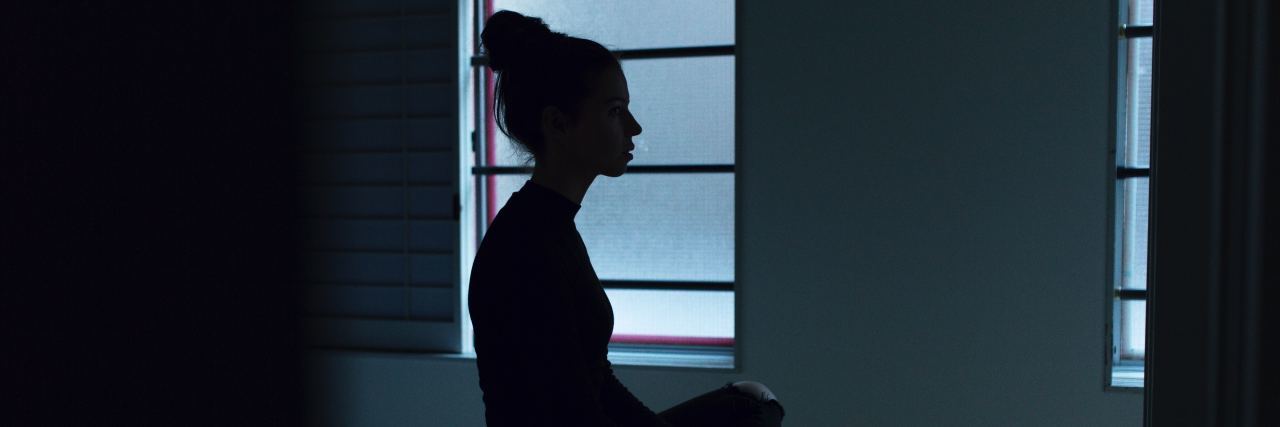4 Tips for Dealing With Insomnia as a Blind Person
Editor's Note
Please see a doctor before starting or stopping a medication.
Everyone has trouble sleeping once in a while, whether it’s from stress, an ever-changing work schedule, a social media addiction or from plain bad habits.
But insomnia and lack of sleep affect those with vision loss the most. An estimated 70 percent of totally blind people have a sleep disorder, and as many as half of everyone with a significant sight loss could also be affected. This is often due to not being able to tell daytime from nighttime.
Many with vision degenerative diseases such as retinitis pigmentosa, Leber congenital amaurosis, Stargardt disease, age-related macular degeneration, and choroideremia to name a few.
Here are several solutions to help alleviate insomnia and lack of sleep for those with vision loss:
1. Hetloiz.
Hetloiz, or tasimelteon is a medication used to treat Non-24 Sleep-Wake Disorder. Non-24 is a very rare condition affecting many (but not all) people who are totally blind and have absolutely no light perception. Their circadian clocks become out of sync as a result. How much this drug can help depends on how much out of sync your body is and you may be on it for weeks or months. The drug is pricey, and common side effects include headaches, elevated liver enzymes, drowsiness, upper respiratory tract infections, and more.
2. Sleep aids.
Sleep aids such as Unisom, NyQuil, and a long list of other sleeping drugs can help you fall asleep and stay asleep. These are OK for occasional use, but not recommended for long-term use. Their side effects include daytime drowsiness, burning or tingling in the hands, arms, feet, or legs, changes in appetite, difficulty keeping balance, and dizziness, to name a few.
3. Melatonin.
Melatonin is a hormone made by the pineal gland. That’s a pea-sized gland found just above the middle of your brain. It helps your body know when it’s time to sleep and wake up. It’s offered in pill and capsule form to aid the body in its sleeping pattern. They come in natural or synthetic forms. The natural forms are made from the pineal gland in animals. Even though melatonin is much safer than the first two options, there are still some side effects which include daytime sleepiness, dizziness, stomach problems, crankiness, anxiety and a few others.
4. Essential oils.
You can also decide to go the all-natural route and use essential oils to help you fall asleep and stay asleep. Essential oils such as lavender, orange, cedarwood, Roman chamomile and a few others. You can find a great number of essential oil recipes and blends in this article. Possible side effects include allergic reactions to the ingredients, skin irritation (if using undiluted oil), or a potential overdose – which can be avoided if following the specific directions. In the first case, taking some allergy medication such as Benadryl can ease symptoms, but in case of an overdose – seek medical help.
Now you have four different options to help with insomnia and lack of sleep for those with various types of vision loss.

